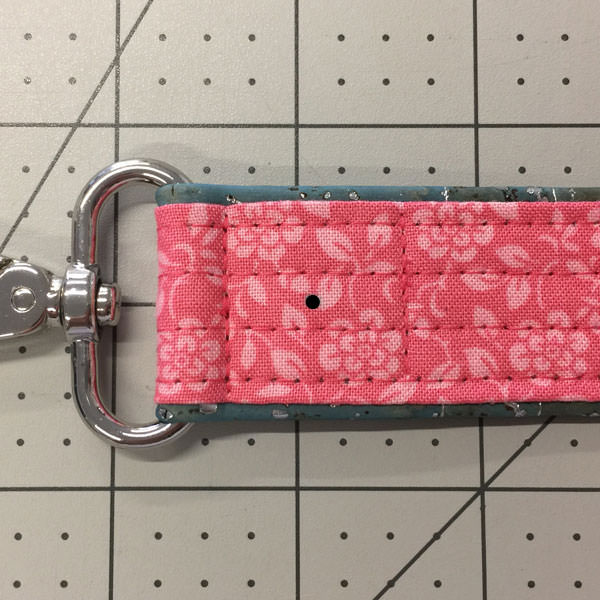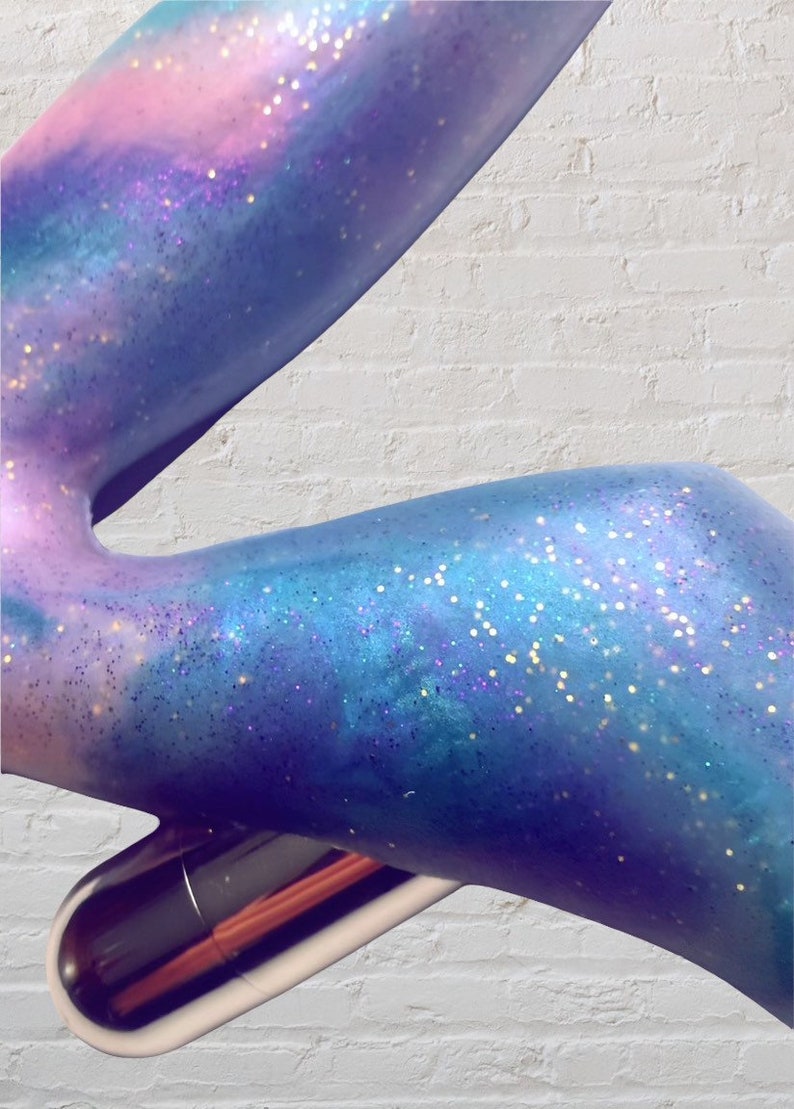
Some people find it helps to practise with a doll or teddy before putting the baby in.

DOUBLE SIDED STRAP ON HIM HER HOW TO
Here’s how to secure your child in a carrier, sling or backpack and use this equipment safely. Using a baby carrier, sling or backpack safely This increases their risk of airway blockage and neck injuries when they're placed in framed carriers and backpacks. Check the carrier’s instructions for the maximum weight the carrier can handle.įramed baby carriers and backpacks aren't recommended for babies under 4 months of age.

The best way to find a comfortable baby carrier is to try on different styles with your baby.

This increases the risk of suffocation and overheating. These products can cover your baby’s face or force them into the fetal position. Never use products that are described as ‘womb like’ or ‘like a cocoon’.Also ensure that you can do up any buckles, straps or clips without help and that you can adjust all straps firmly with one hand. Make sure you can put the carrier or sling on and take it off without any help.Also check that the fabric doesn’t cut into their face. Check that your baby can move their head, arms and legs and see out of the carrier or sling.Ask a shop assistant to show you how to fit the carrier or sling correctly with your baby in it. Take your baby with you when you’re shopping for a carrier or sling.Make sure the carrier is made from sturdy, durable materials.Check that the carrier or sling comes with easy-to-understand written, visual or video instructions that show you how to use it safely.Look for a baby carrier with the European standard EN 13209-2:2005 or the US standard ASTM F2236-08.But the following tips can help you choose a safe baby carrier:

There’s no Australian standard for baby carriers, slings and backpacks. These images are reproduced with permission from the International Hip Dysplasia Institute.
DOUBLE SIDED STRAP ON HIM HER PLUS
Here’s how to carry your baby for healthy hip positioning, plus what not to do.Ĭarrying your baby with their hips together inside a sling can increase the risk of hip dysplasia. Your baby’s knees should be spread apart, the thighs should be supported, and the hips should be bent. Your baby carrier should allow your baby’s hips to spread so their legs are straddling your body. Healthy hip positioning encourages proper hip development in babies and reduces the risk of developmental dysplasia of the hip. is comfortable for you to wear and your baby to sit in.allows healthy hip positioning for your baby.If you’re interested in baby carriers, it’s important to look for one that: If you use carriers, slings and backpacks the right way, they’re safe and practical ways to get around with your baby. It’s a good idea to ask your GP or child and family health nurse whether your baby is old enough for a backpack.Ĭarrying your baby in a baby carrier, sling or backpack gives you the advantage of having your hands free, and most babies like being able to see the world from up high. They’re suitable for older babies and toddlers who can hold up their heads. Some have adjustable options so you can wear your baby on your back or hip.Ī baby sling is a pouch or strip of fabric, usually secured over your shoulder and worn across your front in various positions.Ī baby backpack usually has a rigid frame. About baby carriers, slings and backpacksīaby carriers, baby slings and baby backpacks are different types of equipment for carrying your baby on your chest or back.Ī baby carrier is a soft padded carrier that you wear on your front.


 0 kommentar(er)
0 kommentar(er)
